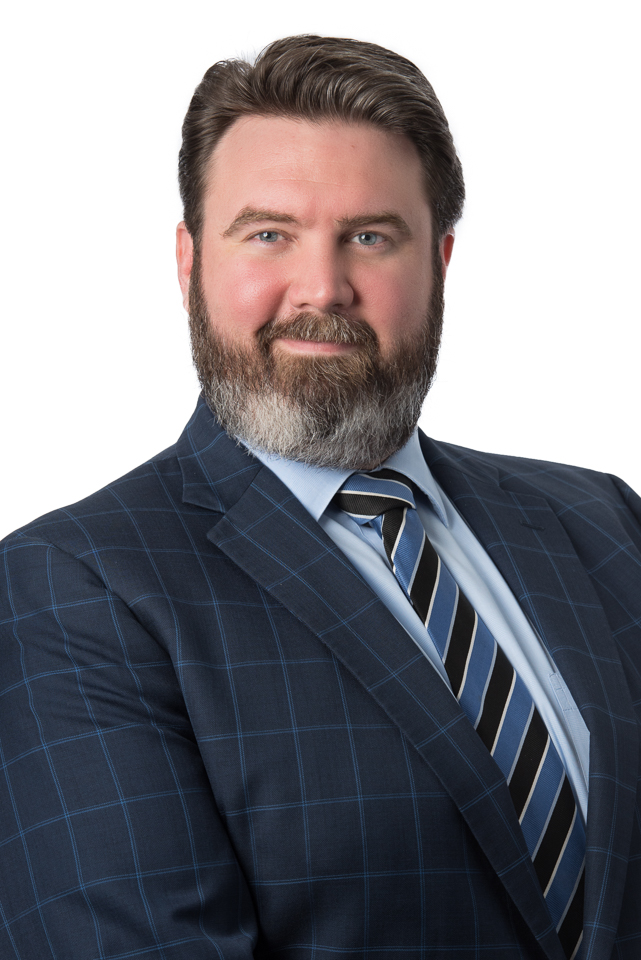For the last three years, Texas trial courts have systematically taken a narrow view of the Texas Supreme Court’s In re North Cypress opinion to deny personal injury defendants discovery from medical providers on the reasonableness of the providers’ bills. The Texas Supreme Court has now broadened defendants’ ability to fight excessive bills by definitively stating that these narrow interpretations are wrong.

In the In re K&L Auto Crushers opinion published May 28, the Texas Supreme Court overruled a trial court order which denied a defendant key discovery from the plaintiff’s medical providers. This included (1) the costs for treatment provided to the plaintiff, and (2) the reimbursement rates the providers agree to accept from Medicare and private insurance. The Court concluded that this information is relevant to the reasonableness of the medical providers charges and the defendant is entitled to it in discovery.
The K&L Auto Crushers opinion contains some critical analysis of the state of litigation-based medical treatment in Texas. The Court observed that when medical providers treat personal injury plaintiffs pursuant to a letter of protection, as opposed to on a cash-pay basis or through private insurance, the doctors and hospitals involved are not disinterested third-parties. Instead, they have “invested themselves in the outcome of the case and the amount of damages recovered” with “a direct financial stake in the resolution of [the plaintiff’s] case”. While defendants may be able present their own expert testimony or evidence of general pricing information, that is “speculative evidence”, and is clearly not a reasonable substitute for “the providers’ actual agreed rates with insurers and other payors” to show how much the same providers accept for the same services outside the context of litigation.
From a broader perspective, the facts at issue in this case reflect the ‘minor collision turned major claim’ trucking companies are frequently confronted with. No injuries were reported at the scene and both vehicles were driveable. The plaintiff did not seek medical treatment until four days later. Despite this, he eventually presented $1.2 million in claimed medical bills, including around $900,000 for an outpatient arthroscopic shoulder surgery and a spinal fusion in his neck. For more information and background about this case, see our prior post here .
Trucking companies face an uphill battle in personal injury cases with inflated medical bills. Plaintiffs’ attorneys present “non-retained” treating physicians, argue that these doctors are only concerned with treating the plaintiff, and obtain sworn testimony from the providers that their charges are reasonable. This conveniently leaves out that the plaintiffs’ lawyers often direct them to specific doctors and instruct them not to use their health insurance to maximize the face value of bills to be presented to a jury.

With the type of discovery the Supreme Court is now expressly permitting, defendants will have more opportunities to cross-examine providers on how much they agree to accept in payment as compared to their ‘charges’. As noted by the Supreme Court, the treating doctors who testify in these cases have a vested financial interest in providing testimony favorable to the plaintiff. By presenting the jury with the oftentimes extreme difference between the ‘charged’ bills and the actual payment rates, we can show the jury that these bills do not in any way represent the true reasonable cost of medical care. Instead, they are part of a scheme by plaintiffs, their attorneys, and their doctors to artificially inflate their damages and to leverage excessive settlements and judgments from trucking companies and their insurers.
Link to the full text of the Court’s In re K&L Auto Crushers opinion here.
For summary and analysis of another important and recent Texas Supreme Court case on this issue, see our prior post on In re Allstate Indemnity.

About the Author
David Helmey
Mr. Helmey is a litigation attorney providing services to the firm’s clients in defending personal injury, property damage, and wrongful death claims, as well as contract litigation and related matters.

